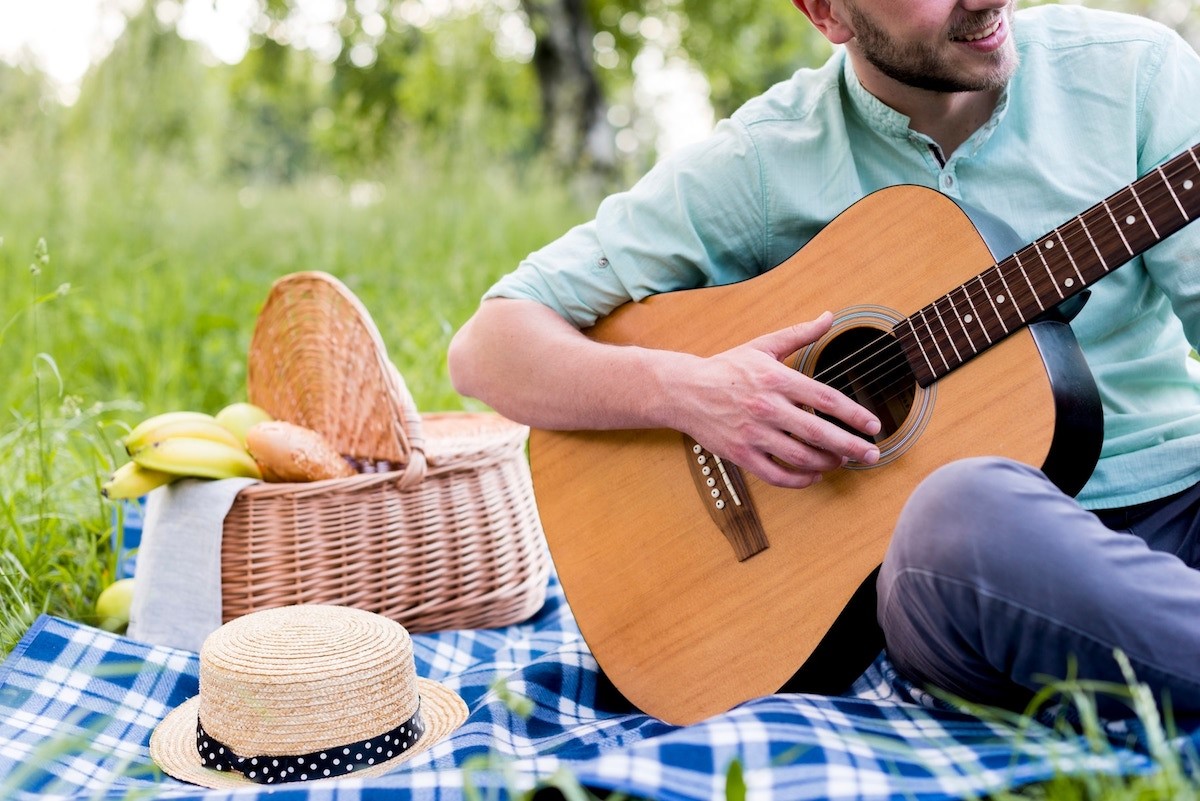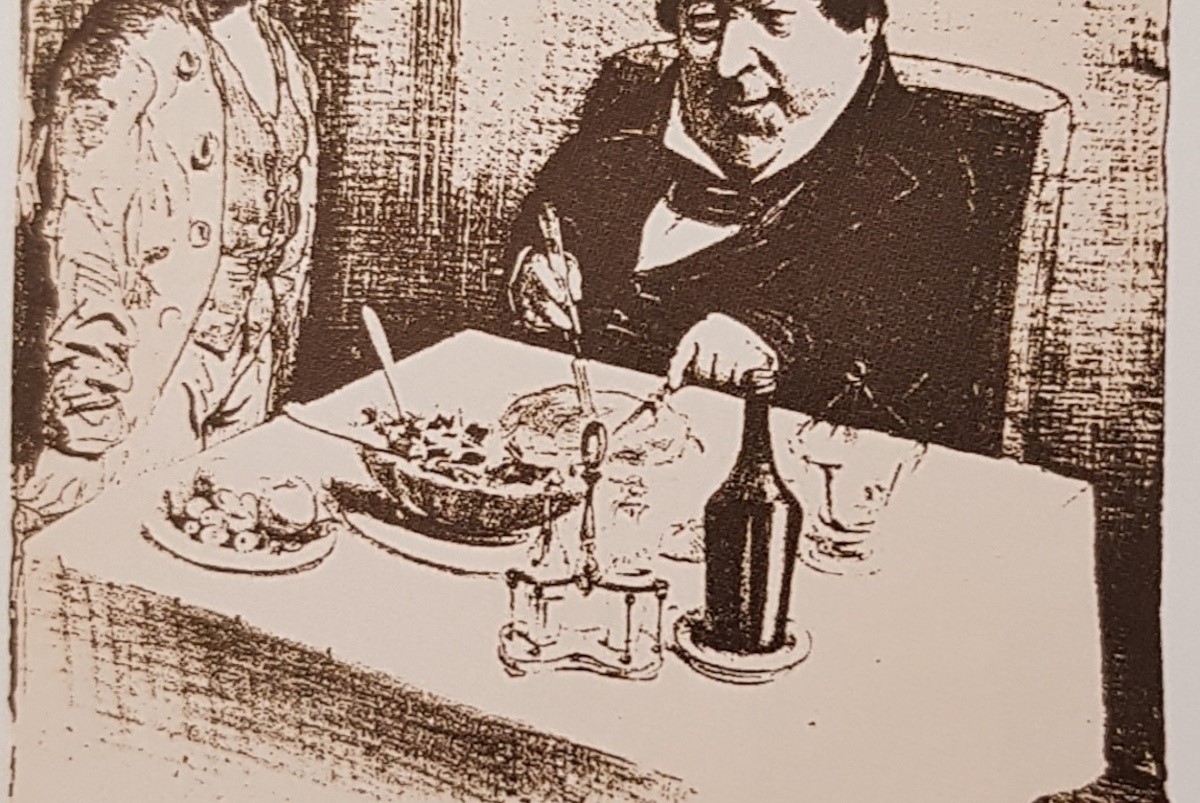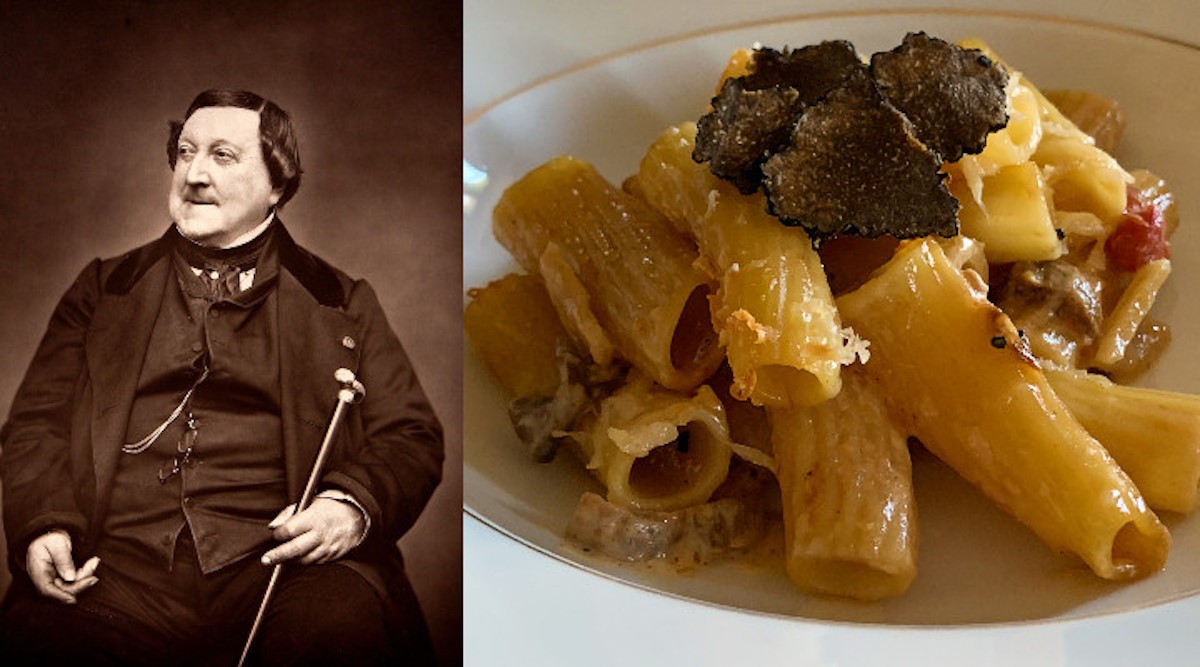When Music Meets Good Food
We not only have excellent musicians in our Philharmonic, but sophisticated gourmets as well. On delving into it a little, I discovered that some of our musicians are excellent cooks, while others simply enjoy eating. After all, food is one of the greatest pleasures in life, second only to music… or vice versa, depending on how you look at it. In their spare time, the hardworking hands that usually play the violin, the piano or the drums, skilfully chop, mix and create; the hands of a superb musician become the hands of a great chef, who creatively puts together food and then enjoys it to the full. Sounds familiar, doesn’t it? It does to me too!

The connection between music and food has deep roots. “I know of no more admirable occupation than eating, that is really eating. Appetite is for the stomach what love is for the heart. The stomach is the conductor, who rules the grand orchestra of our passions, and rouses it to action.” This is one of the most famous statements of the Italian composer Gioachino Rossini from Pesaro. In fact, it is no secret that food was just as important to him as music, and today I will share some anecdotes and interesting facts about Rossini’s culinary passion.
Gioachino, who regarded himself as “a third-rate pianist, but the leading gastronome of the universe”, diligently ministered at mass as a child just so that he could drink vin santo – holy wine – at the end. His biographers also claim that he often bankrupted himself in his youth because he couldn’t resist restaurants and fine Italian wines. That sounds familiar too, doesn’t it? Before he moved to France, his breakfast typically consisted of milk and a sandwich, while during his Paris years he ate two soft-boiled eggs and drank a glass of Bordeaux.

Rossini often invited intellectuals such as Dumas and artists such as Franz Liszt and Giuseppe Verdi to his villa in Passy near Paris. The maestro cooked a range of dishes for his select group of friends, including his own invention, the famous Rossini macaroni. The dishes were prepared with great care, as the composer had a wide variety of delicacies sent from their places of origin in Italy: panettone from Milan, macaroni from Naples, gorgonzola and truffles from Ascoli. Specially prepared meat products and cold cuts were mandatory, especially stuffed pork hooves and mortadella. Rossini’s time in France also enabled him to make the acquaintance of the celebrated chef Antonin Carême. Once when the composer returned to Bologna, Carême sent him a pheasant pie with truffles, perhaps because he was missing the great connoisseur. The culinary gift was accompanied by a simple message: “From Carême to Rossini”. The latter showed his gratitude by sending Carême a composition accompanied by an equally succinct message: “From Rossini for Carême”.
Rossini once stated that he had only cried three times in his life: when his first opera was booed, when he heard Paganini play, and when a turkey stuffed with truffles fell into the water during a boating trip. In 1829, after completing the opera William Tell, Rossini withdrew from the theatre stage for almost forty years and devoted himself completely to his other passion: good food. This was in fact his last great work, which he himself described as follows: “Eating, loving, singing and digesting are, in truth, the four acts of the comic opera known as life, and they pass like the bubbles of a bottle of champagne. Whoever lets them break without having enjoyed them is a complete fool.” Yes, dear readers, Rossini knew how to live and scooped life up with a big spoon!
